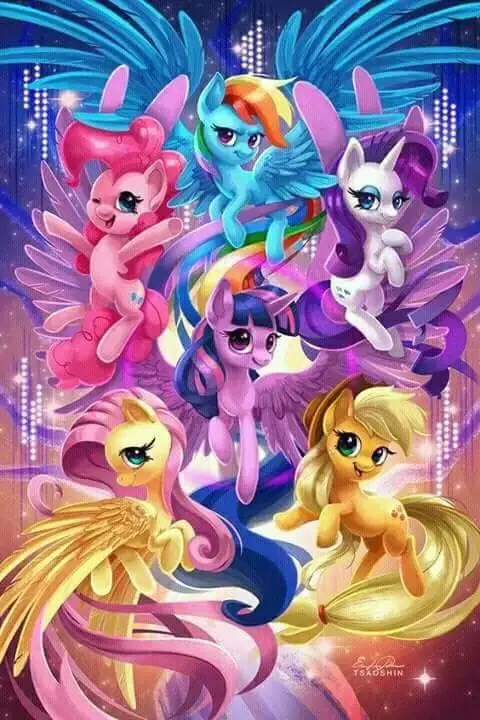

The ecodesign requirements will include:
* resistance to accidental drops or scratches and protection from dust and water
* sufficiently durable batteries which can withstand at least 800 charge and discharge cycles while retaining at least 80% of their initial capacity
* rules on disassembly and repair, including obligations for producers to make critical spare parts available within 5-10 working days, and for 7 years after the end of sales of the product model on the EU market
* availability of operating system upgrades for longer periods (at least 5 years from the date of the end of placement on the market of the last unit of a product model)
* non-discriminatory access for professional repairers to any software or firmware needed for the replacement
Finally! 🎉
Customer replaceable batteries would be nice too — those 800 cycles are not all that much — but I guess it’s a tradeoff for dust and water resistance increases with wireless charging and possibly no ports.





Too much.
It’s a chat platform geared towards gamers, with voice chat, screen sharing, and streaming options… that’s been coopted by vloggers… but most unsettlingly, it’s being used for customer support and documentation.
A lot of knowledge bases are buried in the walled garden of servers, and a labyrinth of chat rooms.